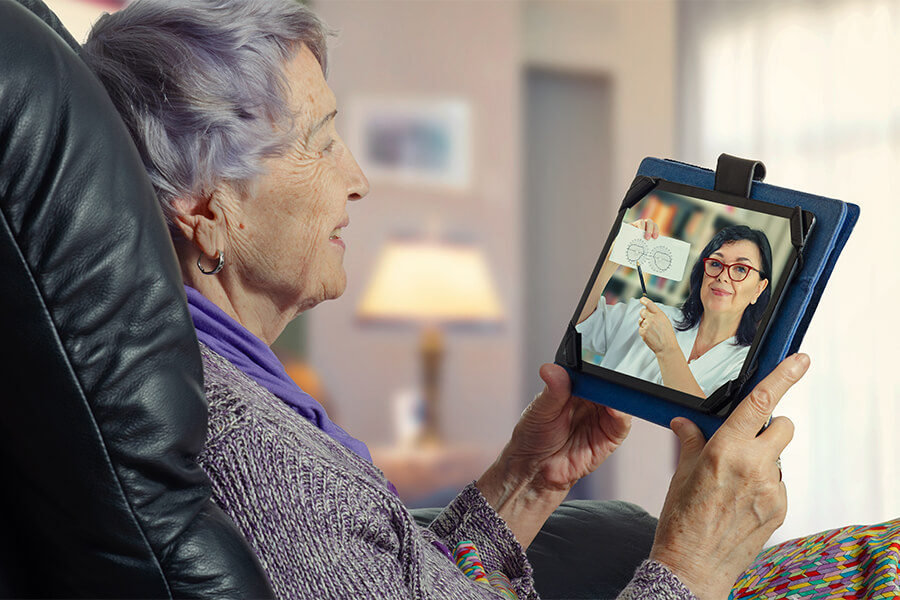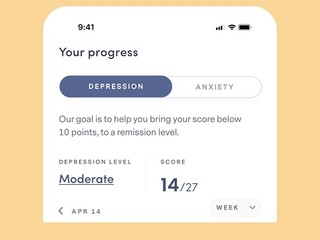

This is also a group that lacks access to care, as a recent report by the Inspector General of the Department of Health and Human Services found that there are less than five mental health providers for every 1,000 Medicare enrollees.
Telemedicine-based therapy provider Talkspace is looking to help fill this gap, announcing on Tuesday that its service will be rolling out to 13 million Medicare members across 11 states, including California, Florida, New York, Ohio, New Jersey, Virginia, Missouri, Maryland, South Carolina, New Mexico, and Idaho.
Talkspace members are matched with one of thousands of licensed therapists within days and can engage in live video, audio, or chat sessions, and/or unlimited asynchronous text messaging sessions. The company also provides psychiatry services and prescription fulfillment, adolescent therapy, and couples counseling.
Telehealth and virtual therapy can be especially useful for older adults, who may have mobility issues, or find it hard to get to an appointment, Erin Boyd, Chief Growth Officer at Talkspace, told VatorNews.
“They no longer have to commute to and from an appointment or find transportation if they’re reliant on public transportation or a friend/loved one to drive them,” she said.
At the same time, she noted, telehealth adoption has actually grown exponentially for older adults, with the greatest increase coming from those among 55 and older, from 64% to 76%.
“Older adults have actually embraced telehealth since Covid. They show the fastest rate of adoption. By providing the ability to see a therapist from the comfort of their own home or from their device, or wherever they can access WiFi, we are making it convenient and time efficient,” Boyd explained.
“We also know that Seniors have quickly adapted to using tools like FaceTime to communicate with their grandchildren. And, we already have Medicare enrollees checking eligibility daily on our platform. Lastly, as folks retire and want to continue services, they want to be able to transition to their Medicare benefits.”
Talkspace has already delivered approximately 284,000 in-network sessions to Medicare members in the first quarter of this year, and the company has members coming to the platform every single day to check their coverage.
More than 140 million Americans have access to Talkspace through their health insurance plans, including Aetna, Anthem, Cigna, and Regence; employee assistance programs; partnerships with healthcare companies; or as a free benefit through an employer, school, or government agency.
Following this rollout, Talkspace said it plans to expand coverage to all 33 million traditional Medicare members, coupled with several Medicare Advantage plans, across all 50 states by the end of the year.
“We were founded on a mission to make therapy more accessible: ‘therapy for all,’ by removing cost barriers and making it more convenient. By collaborating with top payors in the last couple of years, we are now the top insurance-covered mental healthcare provider. We know that lowering costs for people who are seeking behavioral healthcare is working, as we consistently see that ~50% of those using their insurance on our platform are brand new to therapy,” said Boyd.
“We can assume that if it was not a covered benefit, they may not have sought the care they needed. And, we know the senior population is a very underserved segment when it comes to behavioral healthcare and we’re looking forward to the honor of delivery excellent care to those individuals.”
(Image source: nimhd.nih.gov)






















